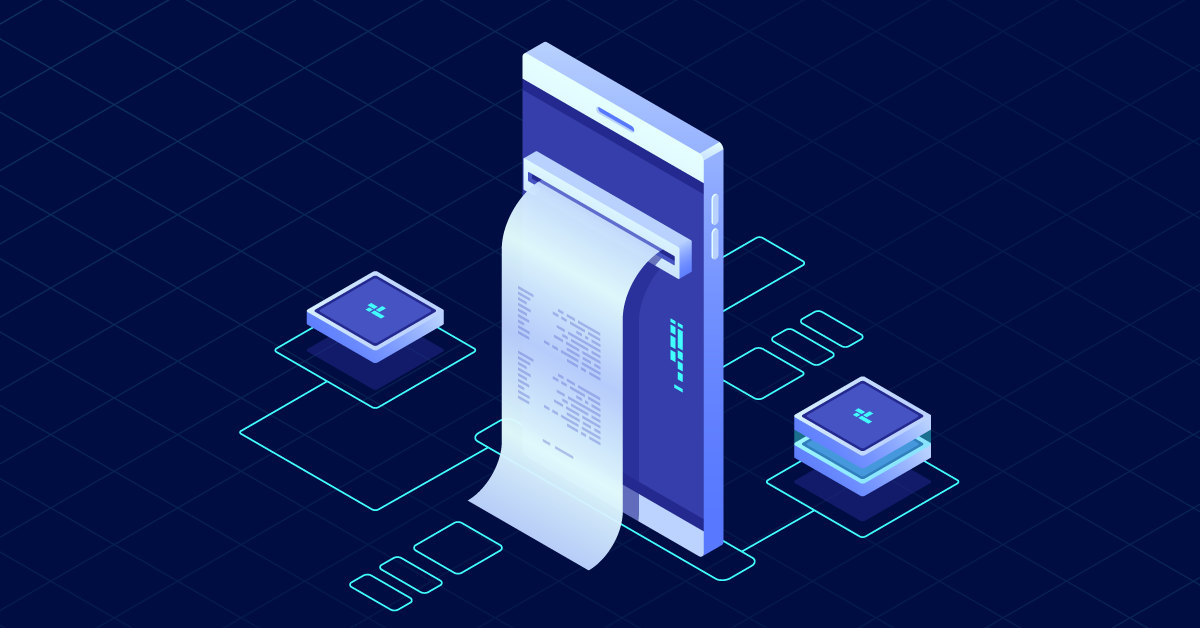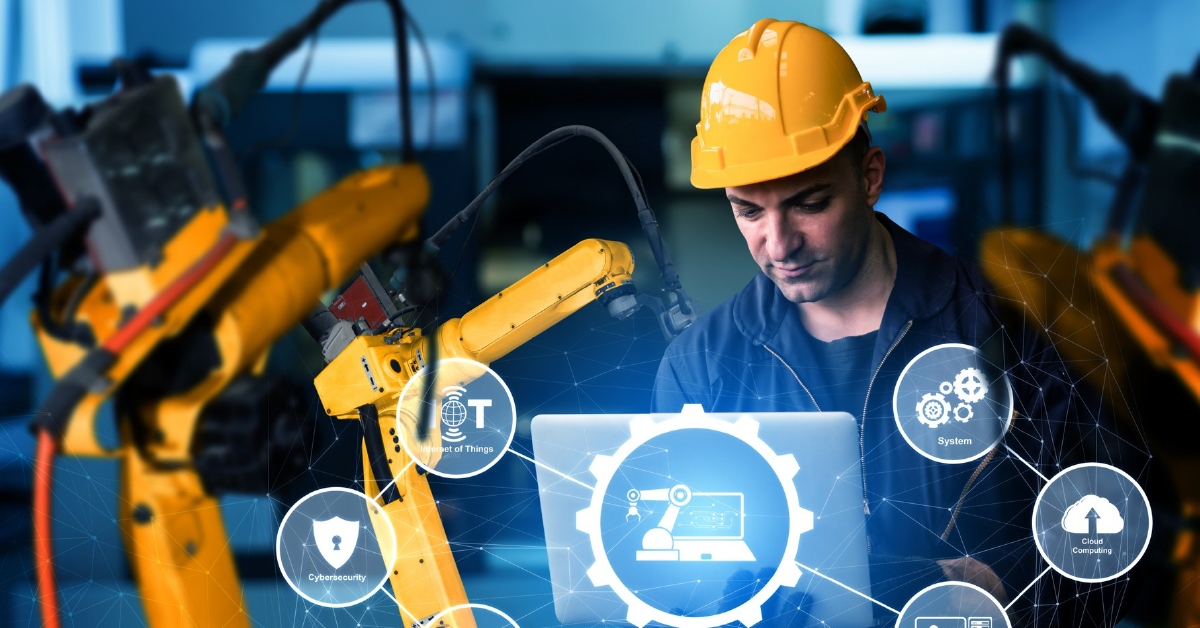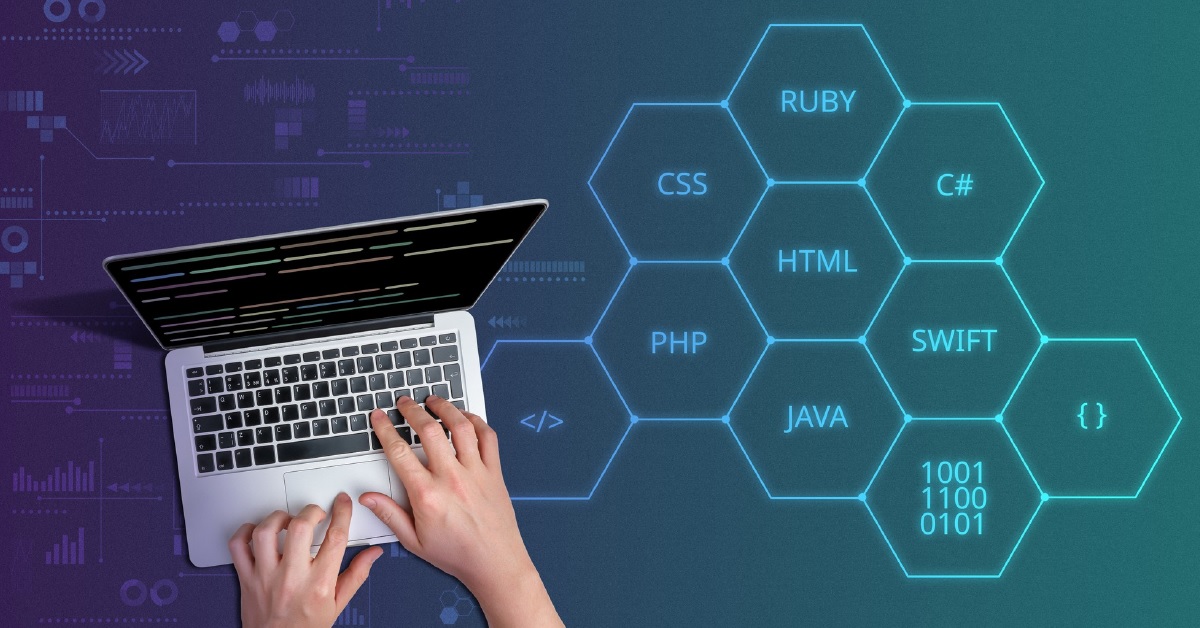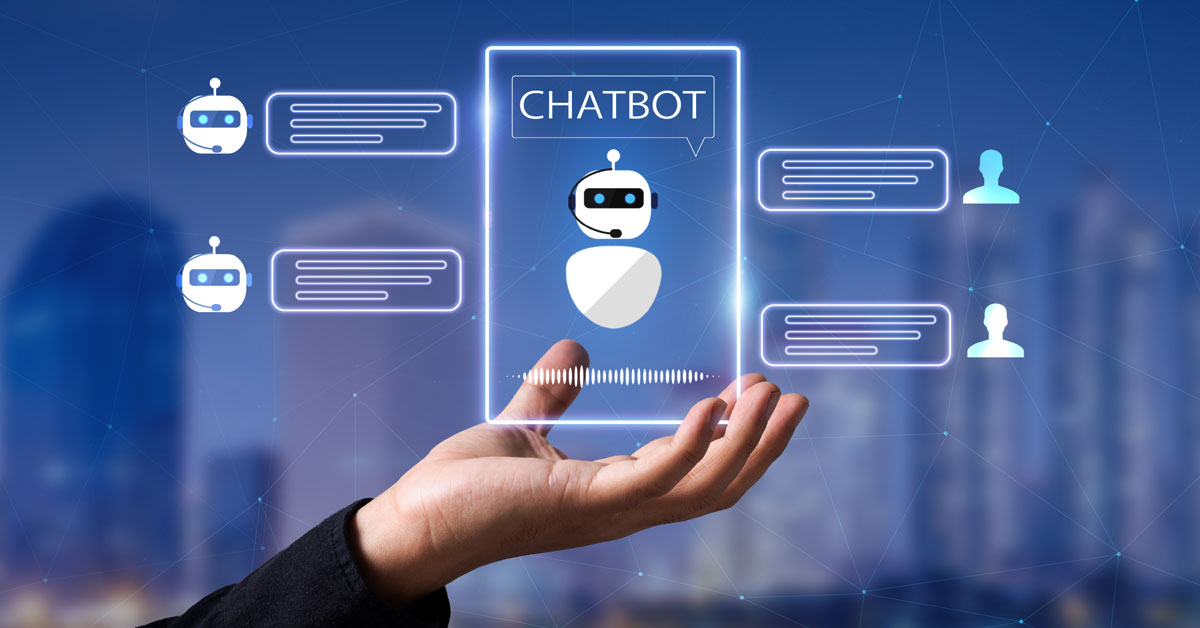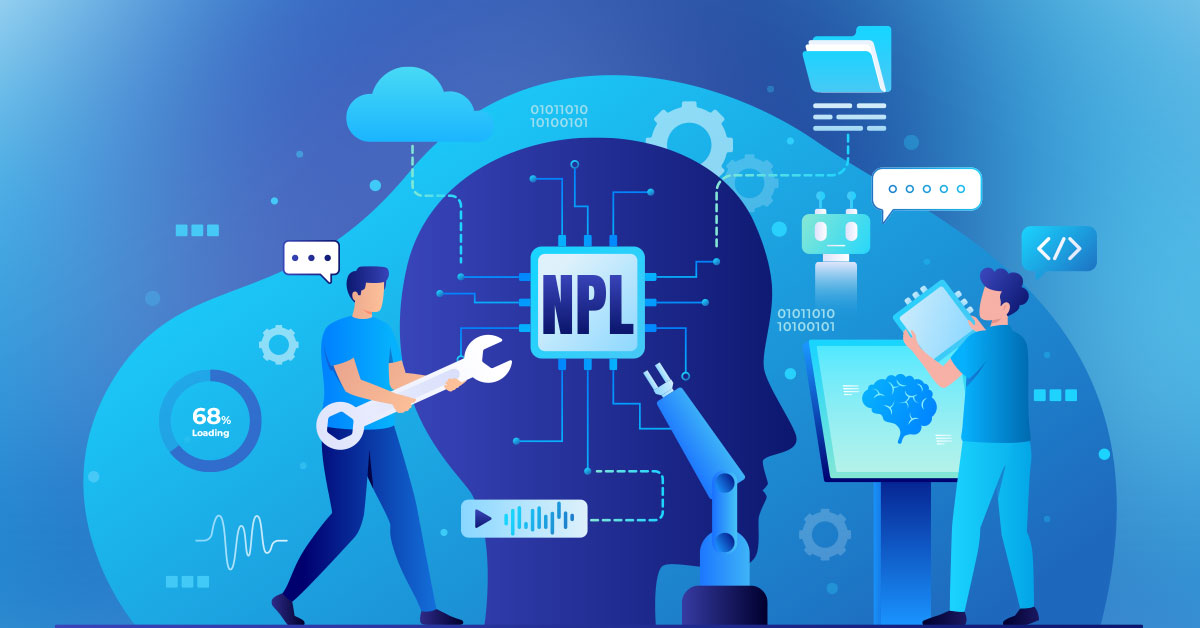AI Software for Smart Cities: Building a Sustainable Future
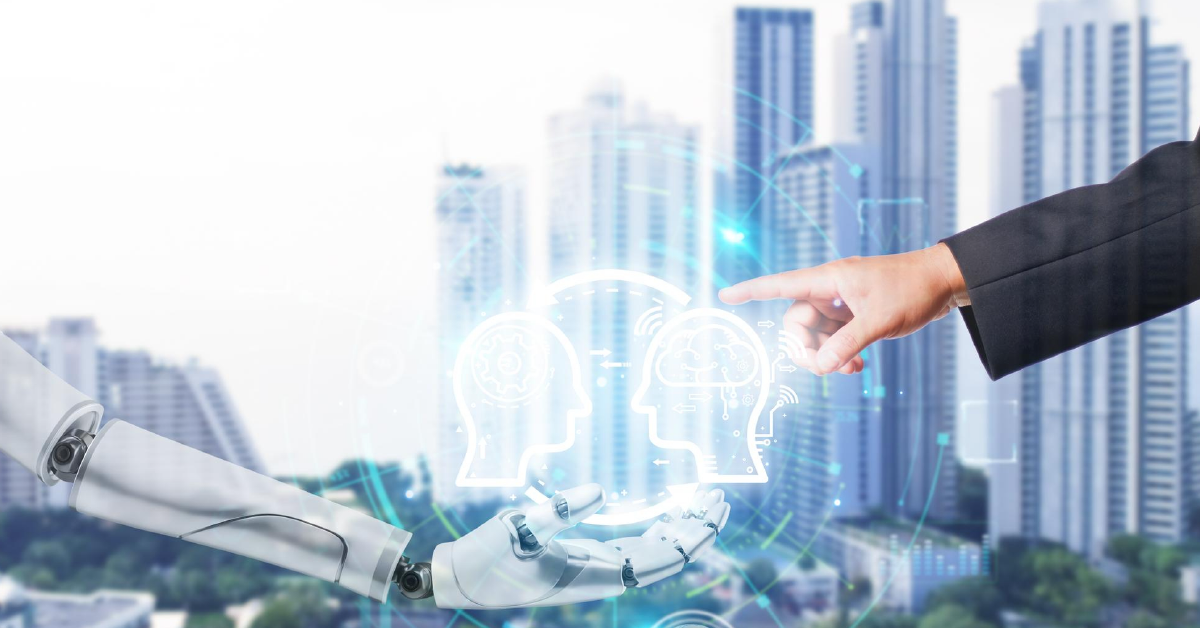
4 min read
Reading Time: 4 minutes
Recently, artificial intelligence (AI) has become a potential and AI software tools and applications commonly used in smart city initiatives. IoT and innovation AI technology can be used to improve operations in the building processes. AI-powered technologies, like deep learning and reinforcement learning, can better analyze the massive volumes of real-time data. That arrive from IoT devices to create intelligent services for smart cities.
When investigating sustainable and smart cities, there has been a rising trend to take AI and IoT into account. Even though some attempts have been made, there are still numerous scientific and engineering challenges. Such as creating software and hardware, computational complexity, data multi-source heterogeneity, and privacy protection.
AI-Driven Infrastructure Management for Smart Cities
In order to manage the infrastructure of smart cities and sustainable communities, AI software is essential. It improves energy management systems, resulting in lower energy use, financial savings, and positive environmental effects. Additionally, AI enhances traffic management and transportation systems, reducing congestion and encouraging the use of alternate forms of transportation while enhancing mobility and lowering emissions.
AI also improves recycling and trash management procedures, increasing recycling rates and decreasing waste production. Cities can efficiently distribute resources, cut expenses, and minimize environmental impact with infrastructure management of AI-powered Technologies.
AI Facilitates Smart Urban Planning and Development Methods
Intelligent urban planning and development techniques are made possible by the power of AI software, opening the path for smart cities and sustainable communities. It makes use of simulations and predictive modelling to promote data-driven decision-making, ensuring that decisions about urban development are well-informed. AI also optimizes resource allocation and land use, leading to well-planned communities that support sustainability and effective resource utilization.
AI enhances accessibility and mobility in cities, optimizing routes, schedules, and modes of transportation to ease traffic, boost air quality, and increase mobility in general. As a result, using AI, cities emphasize the welfare of their citizens and build inclusive and sustainable communities.
artificial intelligence and various other converging technologies to achieve
Sustainable Development Goals (SDGs).
artificial intelligence and various other converging technologies to achieve
Sustainable Development Goals (SDGs).
artificial intelligence and various other converging technologies to achieve
Sustainable Development Goals (SDGs).
artificial intelligence and various other converging technologies to achieve
Sustainable Development Goals (SDGs).
AIs Role in Achieving Sustainable Development Goals (SDGs)
AI software should develop into a utility that is available to everyone in the future. Within the next eight to ten years, it will match the status of cloud computing as the norm. When properly applied, the role of AI in smart cities making will play a significant part in the development and improvement of smart cities. AI will begin to comprehend how people navigate their cities. AI technologies can contribute to the achievement of these goals in several ways:
Poverty Reduction: AI can help identify poverty-stricken areas, predict economic trends, and improve resource allocation for poverty alleviation programs. Machine learning can also be used to create more accurate poverty maps, allowing for more targeted interventions.
Zero Hunger: AI-powered Technologies precision agriculture can enhance crop yields and optimize resource usage. AI algorithms can predict crop diseases, monitor soil health, and manage supply chains more efficiently, reducing food waste and increasing food production.
Good Health and Well-being: AI can assist in early disease detection, drug discovery, and personalized medicine. It can analyze medical images, predict disease outbreaks, and provide telemedicine solutions for remote and underserved areas.
Quality Education: AI can facilitate personalized learning experiences, provide accessible educational content, and support teachers in tailoring their teaching methods to individual students’ needs.
Gender Equality: By offering tools for objective, data-driven decision-making, AI can aid in reducing gender biases in a variety of settings, including hiring and promotion procedures. Additionally, it can help identify and treat gender-based violence.
Decent Work and Economic Growth: Jobs in developing areas like robotics, data analysis, and AI development may be made possible by AI. Additionally, it can help organizations better manage their personnel and allocate their resources.
Industry, Innovation, and Infrastructure: Automation using AI-powered technology can improve infrastructure construction and maintenance, supply chain optimization, and industrial processes.
Utilizing AI in Urban Environments: Practical Applications for Smart Cities
Applications of AI in smart cities help enhance efficiency, sustainability, and the overall quality of life for urban residents while also addressing various urban challenges and improving resource management. However, it’s crucial for smart city initiatives to prioritize data privacy and security, as well as consider the ethical implications of AI technologies in urban environments.
In the creation and administration of smart cities, artificial intelligence (AI) is crucial. Smart cities leverage technology to enhance the quality of life, sustainability, and efficiency of urban areas. Here are several applications of AI in smart cities:
Traffic Management
- Traffic Prediction: AI algorithms can analyze real-time traffic data from various sources like sensors, cameras, and GPS devices to predict congestion, allowing for better traffic management.
- Traffic Light Optimization: To ease congestion and enhance traffic flow, AI can optimize traffic signal timings based on current traffic circumstances.
Public Transportation
- Route Optimization: Routes for public transport can be optimized using AI to cut down on trip time and energy use.
- Predictive Maintenance: With less downtime and more dependable service, AI can forecast when repair is required for public transport vehicles.
Energy Management
- Energy Consumption Forecasting: It can predict energy demand patterns, helping city authorities optimize energy generation and distribution.
- Smart Grids: AI will manage and control the distribution of electricity, improving energy efficiency and enabling the integration of renewable energy sources.
Waste Management
- Smart Waste Collection: These AI technologies sensors can monitor waste levels in bins and optimize waste collection routes to reduce costs and environmental impact.
Emergency Services
- Emergency Response: AI is able to analyze data from a variety of sources to better predict catastrophes and respond to them, such as by directing resources to regions at risk of natural disasters.
Public Safety
- Video Surveillance: The real-time detection and reporting of suspicious activity by cameras with AI capabilities increases public safety.
- Gunshot Detection: AI is capable of detecting gunshots and alert law enforcement agencies to potential incidents.
Environmental Monitoring
- Air Quality Monitoring: AI will analyze air quality data to identify pollution sources and develop strategies for improving air quality.
- Water Quality Monitoring: To find contaminants and safeguard water resources, AI can monitor the water quality in rivers, lakes, and reservoirs.
Urban Planning
- Land Use Optimization: Cities can become more effective and sustainable by using AI to analyze urban data and optimize land use.
- Energy-Efficient Buildings: Through intelligent HVAC and lighting systems, AI can help with the design and management of energy-efficient buildings.
Conclusion
AI software is proving to be a transformative force in the development of smart cities, paving the way for a more sustainable and efficient future. As we have explored throughout this discussion, AI applications are revolutionizing various aspects of urban life, from transportation and energy management to healthcare, public safety, and citizen engagement.
Published: September 26th, 2023

